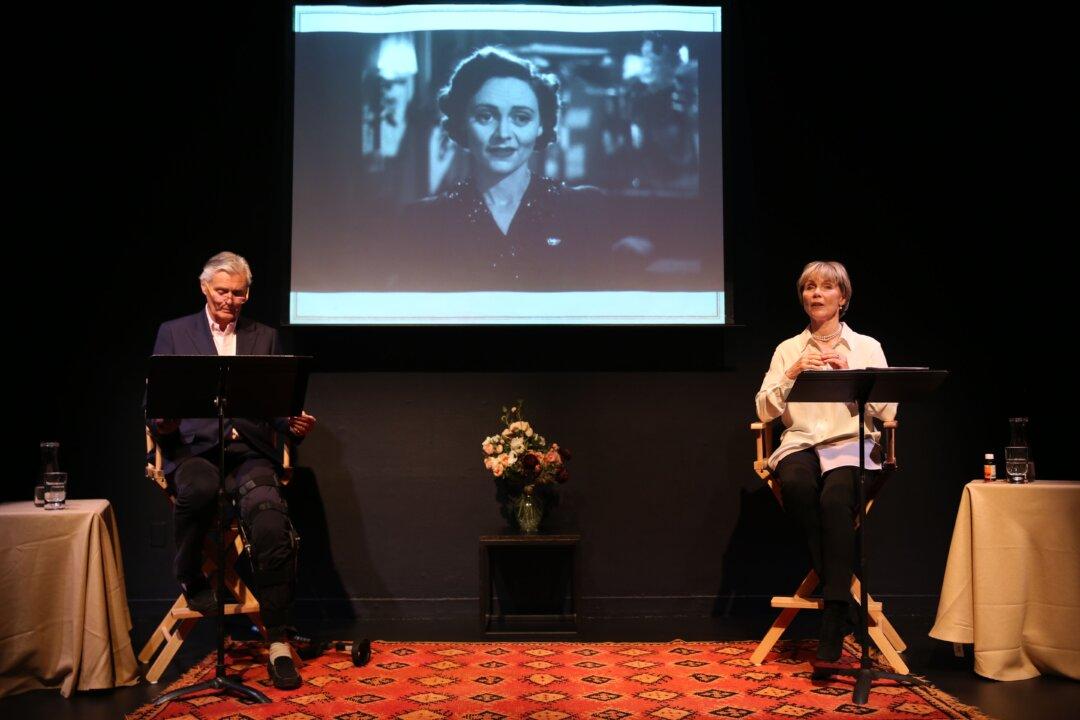NEW YORK—In these days of email and social media, when one can dash off a few lines to a loved one half a world away in a few seconds, the practice of physically writing a letter is rapidly becoming a lost art. Not all that long ago, this method of communication was the only way most people could keep in touch. Such was the case with British actress Celia Johnson and her journalist-writer husband Peter Fleming, as lovingly shown in the very touching “Posting Letters to the Moon.”
Originally seen in the UK in 2018, the show is now making its United States debut at the 59E59 Theaters as part of their “Brits Off-Broadway” series.





